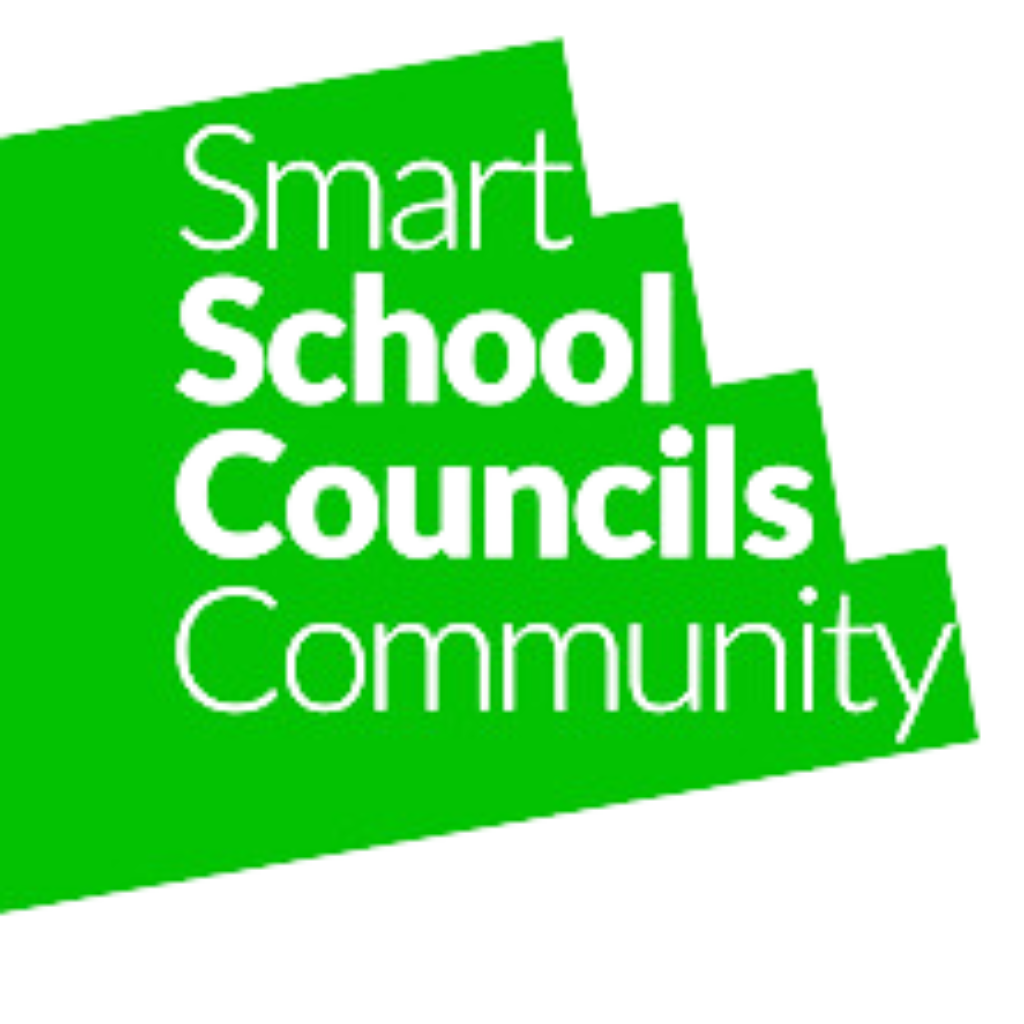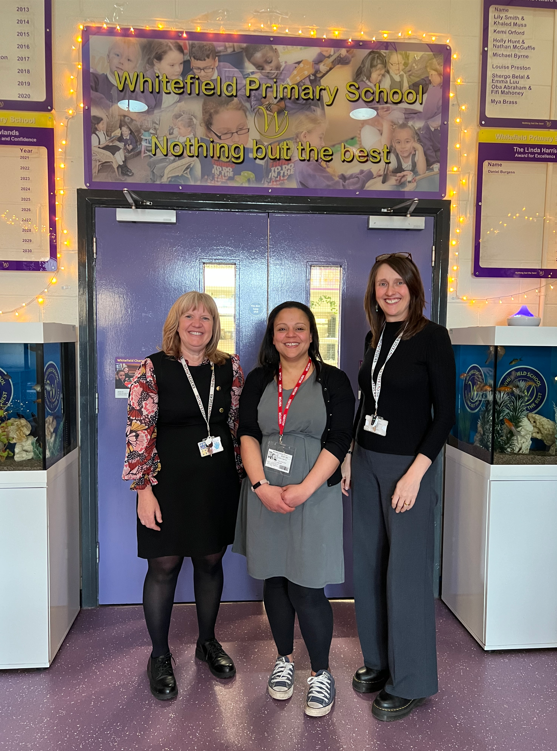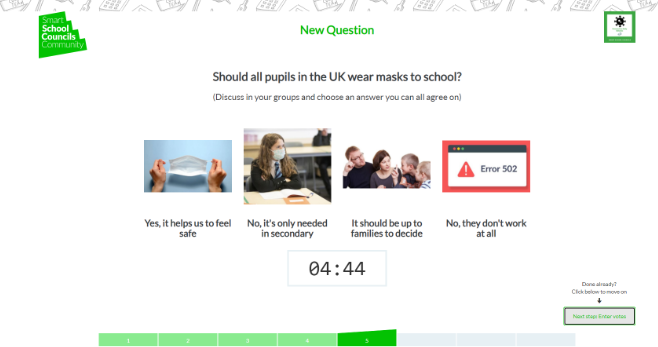Empowering Student Voice: Three Tips from Whitefield Primary
From the left: Marie Beale, Deputy Head and Smart School Council Lead, our Membership Officer, Kerri Thompson and Jill Wright, Headteacher at Whitefield Primary
Introduction
In April 2023, our Membership Officer, Kerri, visited Whitefield Primary in Liverpool. The Smart School Councils programme at Whitefield Primary is spearheaded by the Headteacher, Jill Wright, with Deputy Headteacher/ Inclusion Manager, Marie Beale, providing invaluable support. Their leadership ensures that the programme receives the attention and priority it deserves within the school. Jill's commitment to action-based school councils stems from her belief that traditional models often fall short in providing meaningful opportunities for student participation and impact. She champions the Smart School Councils model for its transformative potential, empowering every student to have a voice and see tangible results.
Tip #1: Launch Smart School Councils in Summer Months
Starting the program in June or July, as Jill and Marie suggest, gives schools a head start with Smart School Councils. This early launch lets the program get settled and build excitement before the school year starts. Schools can plan well, hold orientation sessions, and do team-building activities. This way, everyone – students and staff – feels ready and excited to take part. Getting things going over the summer means starting the school year strong, setting the stage for a successful year ahead.
Tip #2: Get Pupils Picking the Questions
The school's Communication Team, also known as the Student Leadership group, plays a pivotal role in driving the programme forward. With children from years 1-6, they work closely with Jill to set questions, steer discussions, and implement projects arising from meetings. The team's enthusiasm and pride in their role demonstrate the impact of student leadership on school culture. The Communication Team eagerly tackles action-oriented tasks, ensuring that student discussions lead to real results. Best of all? It saves teachers time.
Tip #3: Fortnightly Class Meetings including EYFS
Class meetings, held every two weeks, provide a forum for students to discuss opinions, democracy, and topics such as events, fundraising, and neurodiversity. Led by teachers and Student Leadership Team members, these meetings promote oracy and British values, fostering a culture of inclusivity and participation. The school's commitment to involving all students, including those in EYFS, reflects their dedication to ensuring that every voice is heard and valued.
Class Meeting Tool
Reflections and Recommendations
Jill and Marie shared some really helpful thoughts about how they run the Smart School Councils programme at Whitefield Primary. They talked about how important it is for school leaders to be involved, and how they focus on projects that get students excited and involved.
At Whitefield Primary, they've shown how the Smart School Councils programme can really make a difference. With creative ideas from the leaders, lots of student involvement, and projects that make a real impact, the school has made its council stronger than ever. Let's keep sharing ideas and celebrating how students' voices can change things for the better!
Start your Smart School Councils journey today 🚀
Join 500+ schools using our pupil voice programme. Make it fun & easy to build everyone's debate, oracy & leadership skills with 2,000+ pre-loaded topics 🚀


